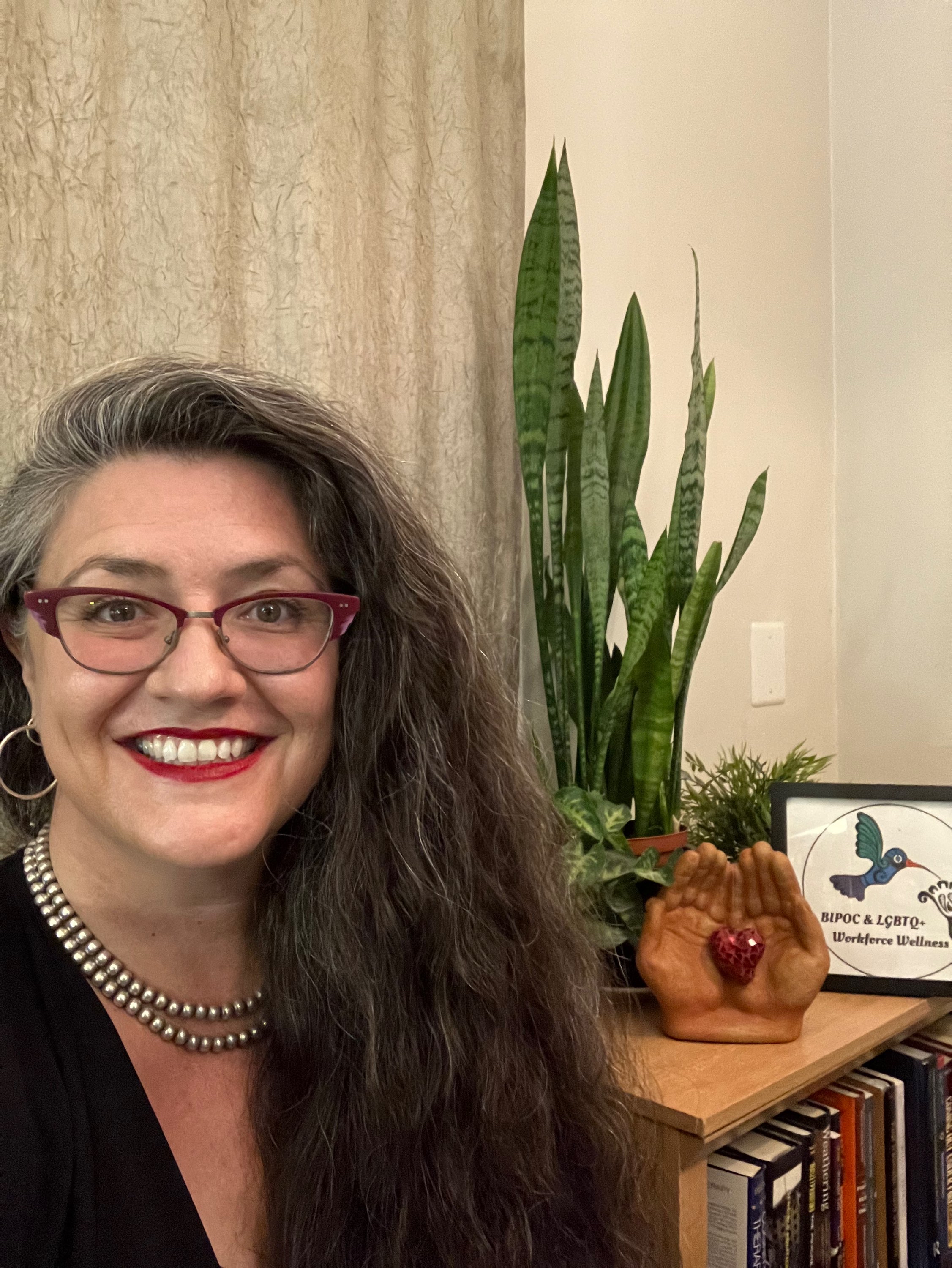Learning to Trust After Workplace Abuse
- helianaramirez0

- Sep 20, 2023
- 1 min read
Updated: Sep 21, 2023
Many toxic job survivors injured by workplace gaslighting, isolation, undermining of their work, and destruction of professional reputation, find it hard to trust people.
There is wisdom in our trauma reactions, but they can also prevent us from living our best lives.
Rigid, nonstop self-protection is exhausting, injurious to health, and can undermine professional opportunities.
When workplace abuse involves discrimination like racism, sexism, anti-LGBTQ bias, and ableism, unrestrained trust should not be the goal.
BIPOC & LGBTQ workers should maintain caution and self-protection in workplaces running on white supremacist, heteronormative, and capitalist hustle and grind culture. These workplaces are not safe, regardless of DEI initiatives.
Many BIPOC & LGBTQ people are opening their own businesses to increase safety. Shoutout to Black women entrepreneurs who own 1/3 of the 12 million women-owned businesses in the US (Fleming, 2022)!
Even business owners need to engage others and many people do not start their own companies so trust remains an issue.
The key is discerning between people who are trustworthy and those who appear nice, but will destroy or enable others to destroy you.
Traumatized nervous systems stuck in fight, flight, freeze, and fawn have difficulty moving between trust & self-protection.
One place to heal publicly acquired nervous system injuries (e.g., workplace abuse injury) and develop discernment of colleagues’ trustworthiness is in somatic anti-racist communal healing spaces.
Resmaa Menakem’s Somatic Abolitionism meetings help people process and heal racial trauma. These groups have helped me to heal my workplace racial and anti-LGBTQ trauma unlike any other groupwork or individual therapy I have experienced.
References
Fleming, LaKeisha. (2022, June 30). Black women are the country’s leading entrepreneurs.







Comments